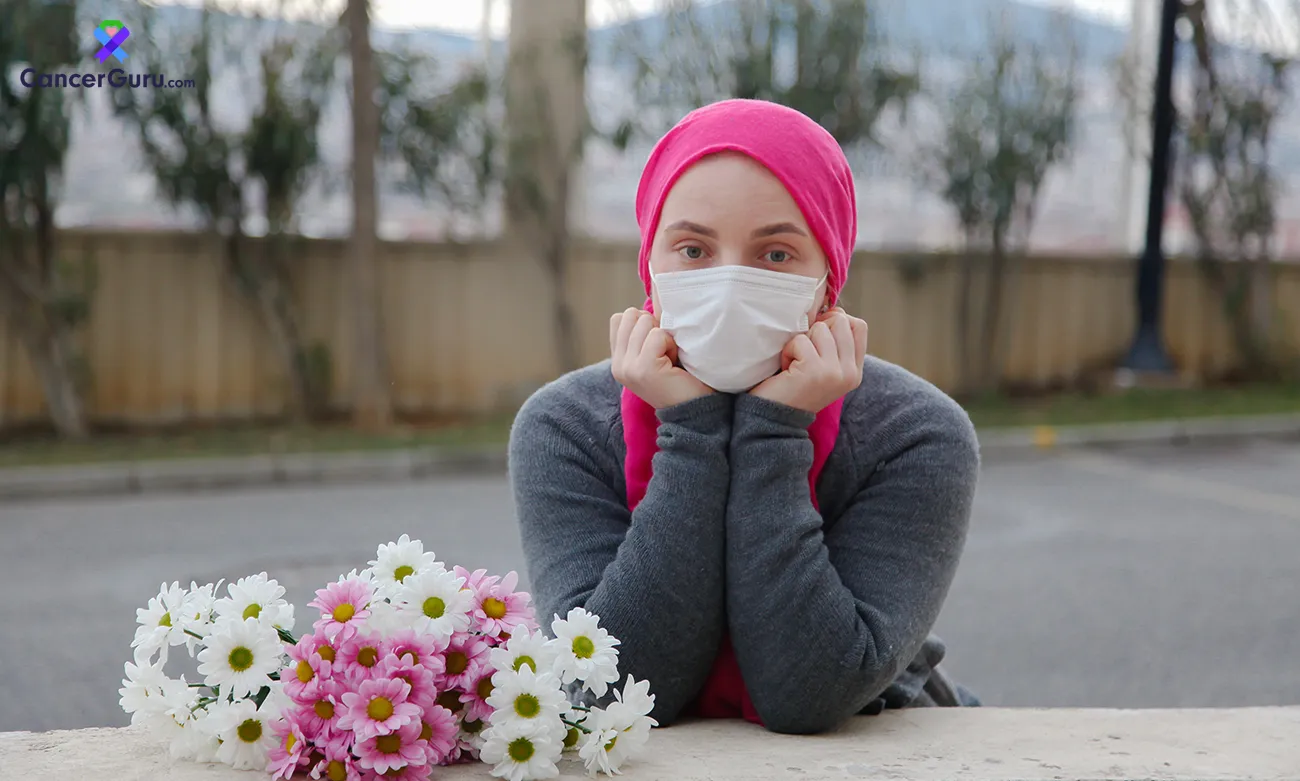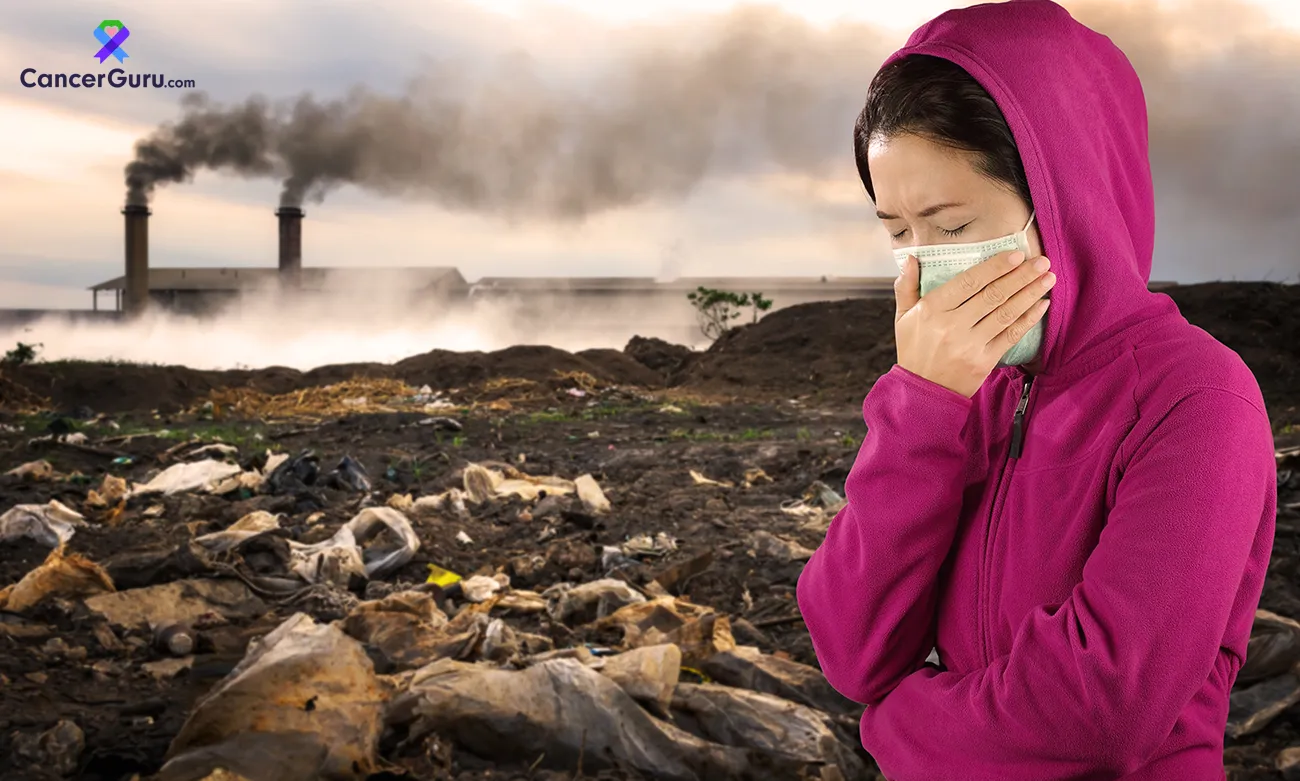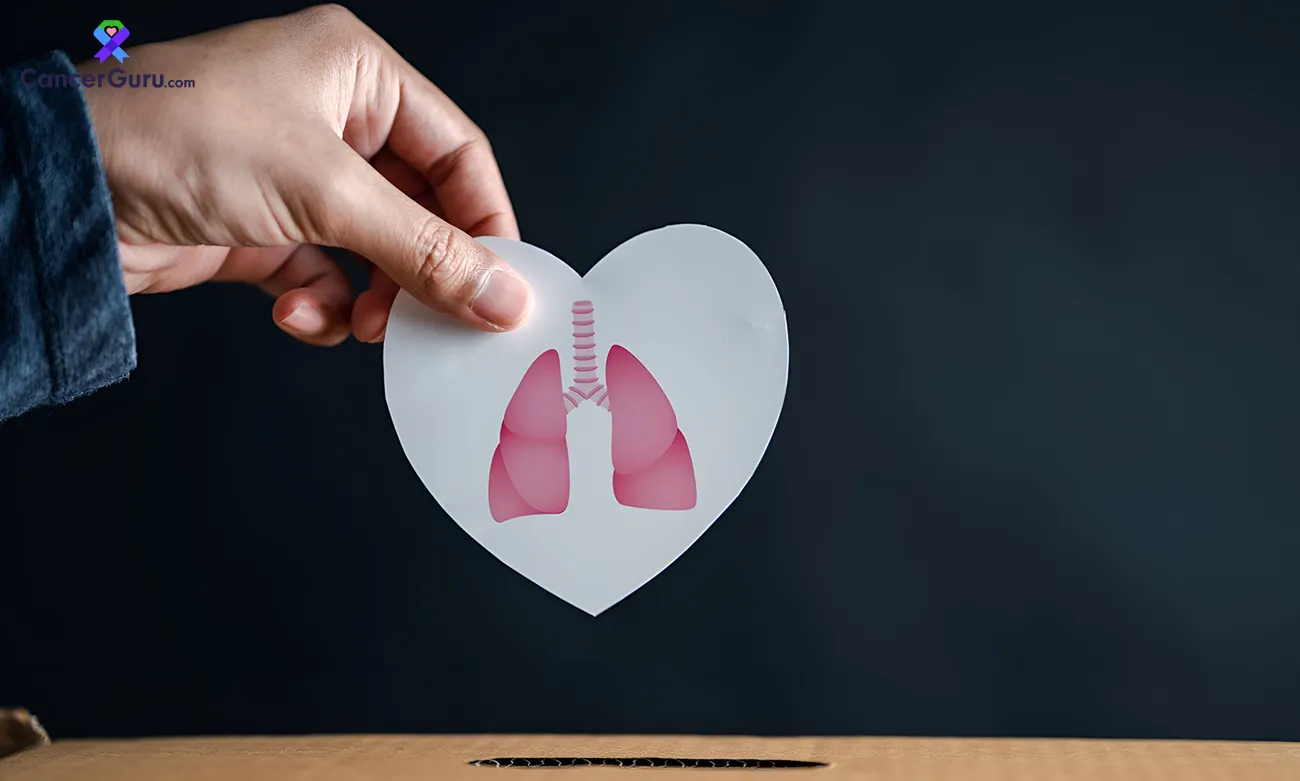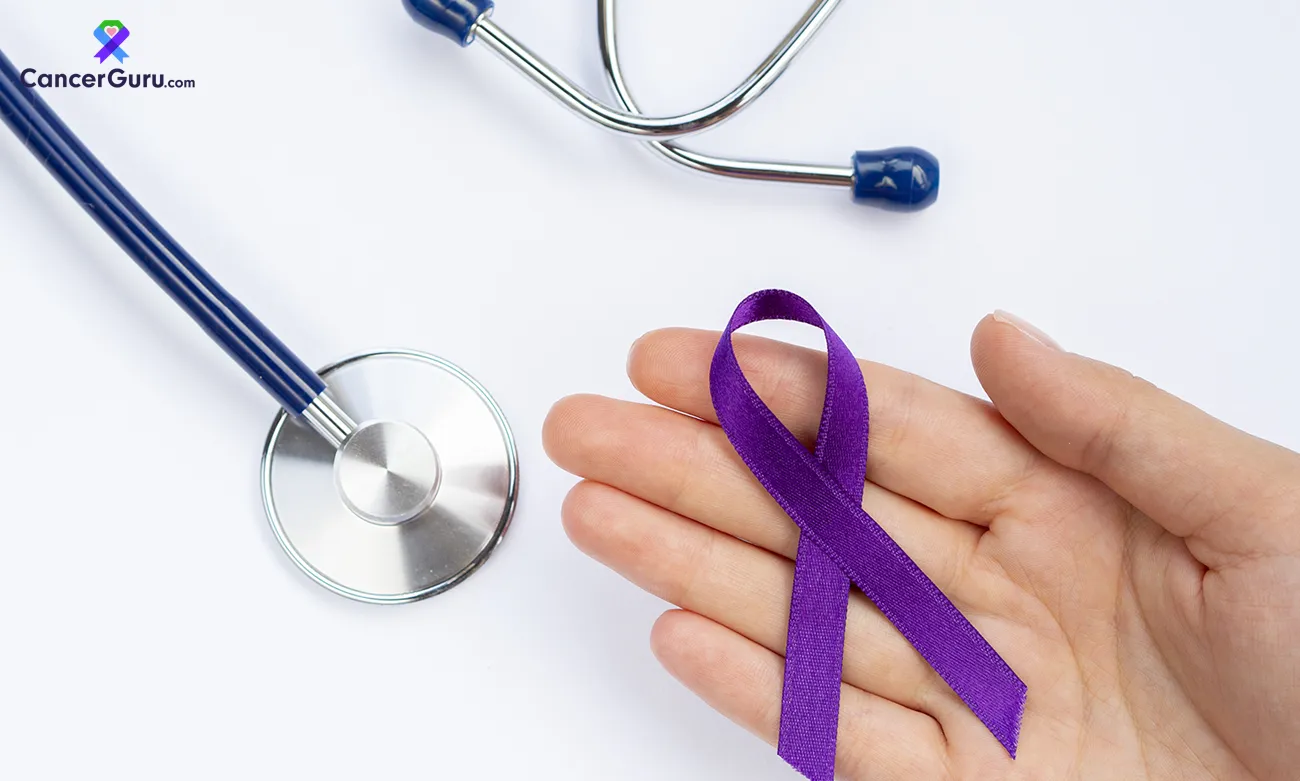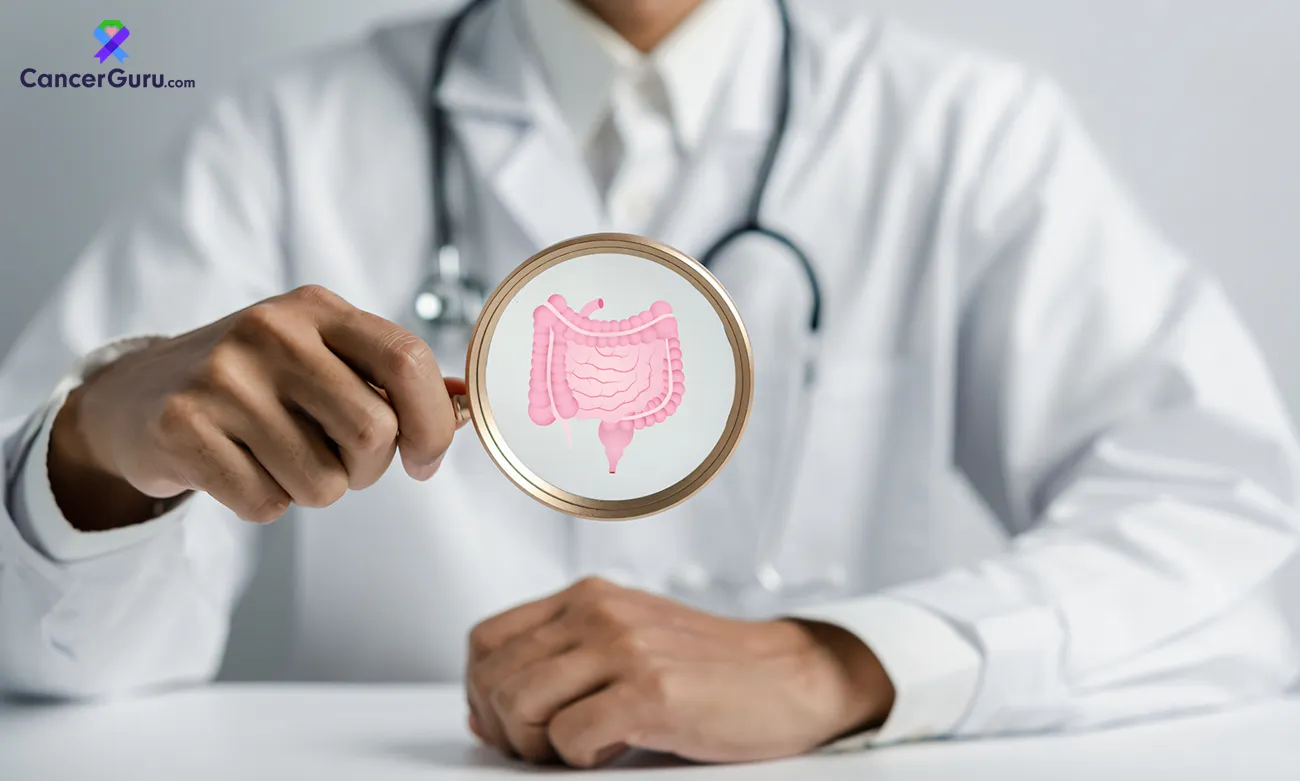- Email: [email protected]
- Contact: +1 (407)581-9000
Myth vs. Fact: Debunking Common Cancer Misconceptions
September 22, 2025

Many people hear things about cancer that just aren’t true. These ideas spread through social media, TV, or word of mouth and can cause fear or confusion. It’s easy to believe something if you hear it often, but not everything you hear is right. That’s why it helps to know the facts. This piece looks at common cancer myths and breaks them down in a clear, simple way. By learning what’s true and what’s not, you can make better choices about your health and avoid falling for false claims that can do more harm than good.
Popular Myths About the Causes of Cancer and Misconceptions
There’s a lot of information about cancer on the internet, in the news, and even shared by friends. Some of it helps, but some of it’s just plain wrong. It’s easy to get confused when false ideas sound like they make sense. These myths can cause fear or keep people from getting the care they need. That’s why it’s good to know what’s true and what’s not. Here, we’re going to clear up some of the most common myths about what causes cancer and explain what the facts say.
Myth: Cancer is a death sentence
Fact: In the U.S., the chances of dying from cancer have been going down since the 1990s. Today, the 5-year survival rates for cancers like breast, prostate, and thyroid are 90% or higher. When looking at all cancers combined, about 69% of people now live at least five years after diagnosis. Many cancers can be treated successfully. Here are the 5-year survival rates for some common types:
- Prostate cancer – Over 96%
- Thyroid cancer – About 98%
- Breast cancer – More than 90%
- Melanoma (skin cancer) – Around 93%
- Hodgkin lymphoma – Nearly 89%
- Colorectal cancer – Around 65%
- Lung cancer (localized) – About 61%
Myth: Cancer is contagious
Fact: Cancer is not a contagious disease. You can’t catch it from someone else. It happens when abnormal cells grow and spread throughout the body. These cells don’t pass from one person to another. However, some contagious infections, like HPV can raise the risk of certain cancers, such as cervical or throat cancer.
Myth: Eating sugar make cancer worse
Fact: No, eating sugar won’t make your cancer grow faster. It’s true that cancer cells use more sugar (glucose) than normal cells, but there’s no proof that cutting out sugar will shrink or stop cancer. However, eating too much sugar can lead to weight gain, and being overweight is linked to a higher risk of several types of cancer.
Myth: Surgery or a tumor biopsy causes cancer to spread in the body
Fact: No, the risk of cancer spreading because of surgery or a biopsy is extremely low. Surgeons follow strict safety steps to prevent this. They use special techniques during the procedure and take extra care, like using separate tools if they’re working in more than one area. These precautions help make sure cancer cells don’t spread while removing or testing a tumor.
Myth: Cell phones cause cancer
Fact: No, based on the best research so far, cell phones do not cause cancer. Cancer happens because of changes in our genes, and the low-frequency energy from cell phones isn’t strong enough to damage DNA or cause those changes.
Myth: The cancer gets worse if exposed to air
Fact: No, exposing a tumor to air won’t make it grow faster or cause cancer to spread. This is a common myth, but there’s no scientific proof to support it.
Myth: Power lines cause cancer
Fact: No, the best studies so far don’t show a link between power lines and cancer. Power lines give off electric and magnetic energy. The electric part is easily blocked by walls or other barriers. The magnetic part is low-frequency and doesn’t harm your genes, so it doesn’t cause cancer.
Myth: Herbal products can cure cancer
Fact: No, herbal products have not been proven to treat cancer. Some studies suggest that certain herbs might help with side effects from treatment, but they don’t cure the disease. In some cases, herbal products can even be harmful, especially during chemotherapy or radiation, because they might affect how well the treatment works. If you’re thinking about using herbs, vitamins, or other supplements, it’s important to talk to your doctor first.
Myth: Antiperspirants or deodorants cause breast cancer
Fact: No, the best research so far shows no link between the chemicals in antiperspirants or deodorants and changes in breast tissue. There's no solid evidence that these products cause cancer.
Myth: Cancer is always genetic
Fact: Most cancer cases happen by chance, and many people who get cancer don’t have a family history of it. In fact, the risk of cancer increases as we get older. Still, finding known genetic mutations can help with early screening and may lower the chance of developing certain cancers.
Myth: Lung cancer caused by smoking only
Fact: Most lung cancer cases, about 80 to 90% happen in people who smoke. But around 10 to 20% of lung cancers develop in people who’ve never smoked. Other causes include things like second-hand smoke and exposure to radon gas.
Myth: Cancer will always recur
Fact: Most cancers don’t come back, especially when they’re found early. Regular checkups and screenings can help catch cancer in its early stages, which improves the chances of survival and lowers the risk of it returning. The 5-year survival rate for all cancers combined has gone up from 39% in the 1960s to 68% today.
Final words
Cancer myths can be confusing, but knowing the truth makes a big difference. Not everything we hear or read is right, so it’s good to check facts with trusted sources. Science has come a long way, and many cancers are treatable, especially when found early. Don’t let fear or rumors guide your choices. Talk to your doctor, ask questions, and focus on what’s real. The more we learn, the better we can take care of ourselves and the people we care about. Facts always matter more than fear.
Ratings and reviews
-
No comment (10 Nov 2025)





